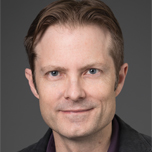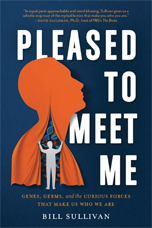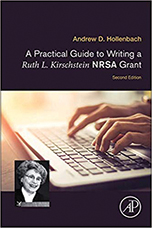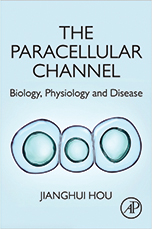Reading material
Pleased to Meet Me: Genes, Germs, and the
Curious Forces That Make Us Who We Are
By Bill Sullivan, Showalter professor of pharmacology and toxicology, microbiology and immunology, Indiana University School of Medicine

Why are you attracted to a certain “type”? Why are you a morning person? Why do you vote the way you do? What makes you you. “ ” describes in everyday language how genetics, epigenetics, microbiology and psychology work together to influence personality and behavior. Mixing cutting-edge research with pop culture and humor, “Pleased to Meet Me” is filled with insights that shine a light on who we really are — and how we might become our best selves.
A Practical Guide to Writing a Ruth L. Kirschstein NRSA Grant
By Andrew D. Hollenbach, co-director of basic science curriculum, school of medicine, andprofessor, department of genetics, Louisiana State University Health Sciences Center New Orleans

This includes changes to the application since the first edition and continues to provide F-series grant applicants and mentors insider knowledge on the process by which these grants are reviewed, biases that contribute to reviews, the extent of information required in the application, a deeper understanding of the exact purpose of each section of the application, and key suggestions and recommendations on how to best construct every section of the application. This book is a solid resource for trainees and their mentors to use as a guide when constructing F30, F31, and F32 grant applications.
The Paracellular Channel: Biology, Physiology and Disease
By Jianghui Hou, associate professor of medicine, Washington University

offers a cohesive and unifying picture of the critical functions of paracellular channels (tight junctions) in different tissues. This new class of ion channel utilizes a completely different mechanism to create ion passage pathways across the cell membrane. This volume outlines common principles that govern the organization and regulation of these diverse cellular structures, describes the methodology of study and highlights the pathophysiologic consequence of abnormal structures and functions of the paracellular channels in human diseases.
Are you an ASBMB member who has published a book in the past year?
If so, we'd like to feature your work in an upcoming issue fo ASBMB Today. Please email a synopsis (<100 words), an image fo the book's cover and your headshot.
Enjoy reading ASBMB Today?
Become a member to receive the print edition four times a year and the digital edition monthly.
Learn moreGet the latest from ASBMB Today
Enter your email address, and we’ll send you a weekly email with recent articles, interviews and more.
Latest in People
People highlights or most popular articles

2025 ASBMB election results
Learn about the new president, secretary, Council members and committee members.

2025 PROLAB awardees announced
Seven early-career scientists receive grants to advance their research by working in North American labs.

Yu receives early career research award
He will receive $35,000 to fund his research on the proteotype and cell signaling.

Neurobiology of stress and substance use
MOSAIC scholar and proud Latino, Bryan Cruz of Scripps Research Institute studies the neurochemical origins of PTSD-related alcohol use using a multidisciplinary approach.

Hargrove recognized for leadership
He is among more than 50 individuals from the Iowa State University College of Liberal Arts and Sciences to receive recognition for their departmental dedication and contributions.

Teach, learn & transform biochemistry education
Meet the co-chairs of the 2025 ASBMB meeting on reimagining undergraduate education in the molecular life sciences to be held July 24–27, 2025 in St. Paul, Minnesota.
